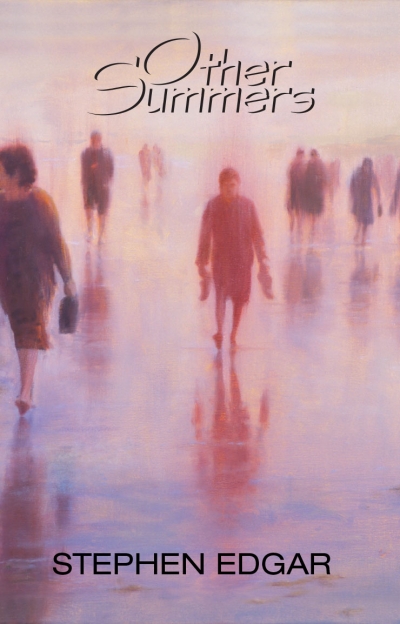Stephen Edgar
Sign up to Book of the Week and receive a new review to your inbox every Monday. Always free to read.
Recent:
And once again that field of neutral light,
Those same few vessels subtly rearranged
Across the surface of a table,
The pots and bottles, vases, with a slight
Too hot and humid to do more than drowse
And slip – who knows how brief the interims? –
Into a chafed unconsciousness,
As when the governess
Clutched to her bosom the damp head of Miles,
Who squirmed, unseeing, frantic for a hint,
Not able yet to guess
What she appeared to see in the haunted pane
Besides the backlit sky: the shape of Quint
Trying to find his way past her denial’s
Hard stare, not quite in vain.
A pause for thought and you lay down your pen,
Then have the inspiration to look up.
At first you’re scarcely able
To lift your focus past the coffee cup,
The paper-cluttered table.
But then the window gathers you again
It’s midnight now and sounds like midnight then,
The words like distant stars that faintly grace
The all-pervading dark of space,
But not meant for the world of men.
It’s not what we forget
But what was never known we most regret
Discovery of. Checking one last cassette
Among my old unlabelled discards, few
Of which reward the playing, I find you.
Seen from that famous ray of light
Discharging from the town hall tower
On the last stroke of noon,
The hands would stand forever at that hour
As though the holocaust of blinding white
That set it all in train,
When present, past and future were triune,
Were come again,
The endless now on which the blessed take flight.






